Erectile Dysfunction (ED) is a condition that can feel isolating, frustrating, and even embarrassing for many men. However, it is essential to recognize that ED is a common medical issue affecting millions of men worldwide. Whether you're personally experiencing it or supporting someone who is, know that you're not alone—and more importantly, real and effective solutions are available.
In this blog, we will explore the nature of ED, its causes, and the wide variety of treatments available. We will focus on emerging medical treatments while expanding on the psychological factors that contribute to ED. Our goal is to offer a deeper understanding of ED and provide assurance that help is available.
What is Erectile Dysfunction?
Erectile dysfunction refers to the inability to achieve or maintain an erection firm enough for sexual intercourse. Occasional difficulties are common for many men, but ED becomes a concern when it occurs regularly, affecting confidence, relationships, and emotional well-being.
While ED is often associated with aging, it is crucial to note that it can affect men at any stage of adulthood, including their 30s and 40s. ED is often a result of underlying health conditions that affect blood circulation, hormones, or emotional health. Fortunately, with proper understanding and treatment, ED can be managed effectively.
Defining Erectile Dysfunction
Inability to Achieve Erection
ED involves difficulty getting an erection in response to sexual stimulation. The penis fails to become firm enough for penetration.
Inability to Maintain Erection
Even if an erection is initially achieved, it may not last long enough to complete sexual activity. The penis loses firmness prematurely.
Persistent Problem
To be diagnosed as ED, the difficulty must occur regularly over at least 3 months, not just occasionally. Temporary issues do not qualify as clinical ED.
Impact on Sexual Satisfaction
The key factor is that erectile issues interfere with satisfactory sexual performance and intimacy, causing distress to the man and potentially his partner.
A Wake-Up Call: ED as an Early Health Indicator
Consider the case of John, a 50-year-old businessman, who noticed that his erections were not as strong as they used to be. Initially, he dismissed it as a normal part of aging. However, the issue soon began affecting his confidence and intimacy with his wife. After consulting with his doctor, John learned that his ED was an early warning sign of cardiovascular disease. Blood flow problems in the penis can serve as an early alert for other vascular issues, such as those affecting the heart or brain.
John's story highlights a critical lesson: ED may be more than just a sexual health issue. It could serve as an early indicator of broader health concerns, such as cardiovascular disease. Early detection and treatment of ED may offer the opportunity to address these health problems before they become more severe.
The Many Causes of Erectile Dysfunction
ED can arise from a combination of factors, including physical, psychological, and lifestyle influences. Let's explore these in detail.
Physical Causes of ED
The most common physical causes of ED include:
- Heart Disease: Blood flow problems caused by atherosclerosis (narrowing of arteries) can limit the blood supply to the penis, leading to difficulty achieving an erection. ED is often a precursor to more severe cardiovascular conditions such as heart attacks or strokes.
- Diabetes: High blood sugar can damage blood vessels and nerves, making it difficult to achieve and maintain an erection. Studies estimate that 50% to 75% of men with diabetes experience ED at some point in their lives.
- Obesity and Lack of Exercise: Obesity, particularly abdominal obesity, is linked to high blood pressure, heart disease, and diabetes—all risk factors for ED. Regular exercise improves circulation and promotes healthy testosterone levels, significantly reducing the likelihood of ED.
- Hormonal Imbalances: Low testosterone and other hormonal disorders can reduce sexual desire, making it difficult to achieve an erection.
Psychological Causes of ED
While physical health issues are significant contributors to ED, psychological factors often play an equally important role. Scientific evidence has demonstrated that ED can be triggered or worsened by emotional and mental health challenges.
Let’s delve into these psychological causes in more detail:
- Stress and Anxiety: Stress, whether from work, financial burdens, or personal relationships, can severely affect sexual performance. Stress leads to an increase in cortisol levels, which negatively impacts libido and can inhibit the physiological processes required for an erection. Anxiety, particularly about sexual performance, can exacerbate this problem, leading to a vicious cycle in which fear of failure becomes a self-fulfilling prophecy. Studies show men who experience chronic stress are more likely to develop ED than those with lower stress levels. Additionally, performance anxiety is a well-documented factor contributing to erectile dysfunction.
- Depression: Depression can lower libido, impair arousal, and lead to difficulties maintaining an erection. Depression also inhibits the release of neurotransmitters essential for sexual function, such as dopamine and serotonin. Men with depression are often reluctant to discuss their condition with healthcare providers, leading to untreated ED. Metanalytical studies have shown that men with depressive symptoms are 39% more likely to experience ED than men without depression.
- Past Trauma and Emotional Issues: Negative past experiences, including sexual trauma or relationship issues, can create mental barriers that inhibit sexual performance. Emotional traumas often manifest as psychological blockages that affect a person’s ability to engage in intimate relationships confidently. Men who have experienced childhood sexual abuse or emotional neglect are at higher risk for developing ED. Psychotherapy focused on healing these past traumas can often lead to improvements in erectile function.
Case Scenario: Mark, 35, and the Power of the Mind
Mark is a 35-year-old man in great physical health, yet he finds himself struggling with ED, especially during new romantic encounters. He’s been through a few tough breakups and now experiences performance anxiety. The more he worries, the worse it gets. This anxiety has started to affect his self-esteem and his new relationship.
Mark’s case is a clear example of how psychological factors can create a cycle of ED. For him, therapy aimed at addressing the root of his anxiety—combined with a supportive partner—can help break the cycle. ED isn’t “just in the head,” but when mental stress is the trigger, addressing those emotional factors can make all the difference.
Psychogenic Erectile Dysfunction
Psychological Triggers
Stress, anxiety, depression, and relationship conflicts can all contribute to psychogenic ED. Performance anxiety is a common factor, creating a self-fulfilling cycle of erectile difficulty.
Cognitive Distraction
Anxiety and negative thoughts during sexual activity can interfere with arousal and erection maintenance. This shifts focus away from pleasurable sensations and erotic cues.
Sympathetic Activation
Psychological stress activates the sympathetic nervous system, promoting smooth muscle contraction and inhibiting erection. This "fight or flight" response counteracts the parasympathetic activation needed for erection.
Learned Response
Repeated experiences of erectile difficulty can lead to anticipatory anxiety and avoidance of sexual situations, further reinforcing the problem.
Diagnostic Tools For Erectile Dysfunction
Questionnaires
Validated tools like the International Index of Erectile Function (IIEF) help quantify ED severity and track treatment response. The Sexual Health Inventory for Men (SHIM) is a shorter version often used in clinical practice.
Penile Doppler Ultrasound
Assesses penile blood flow and vascular integrity. Can identify arterial insufficiency or venous leak. Often performed with intracavernosal injection of vasoactive agents.
Nocturnal Penile Tumescence (NPT)
Measures spontaneous erections during sleep. Helps differentiate psychogenic from organic ED. Rigiscan device provides quantitative data on number, duration, and rigidity of nocturnal erections.
Cavernosometry and Cavernosography
Advanced tests to evaluate veno-occlusive function. Involves measuring intracavernosal pressure and visualizing venous drainage. Reserved for complex cases considering surgical intervention.
The Role of Psychological Support: Tackling ED from the Mind
First-Line Treatments
- Lifestyle Modifications: Exercise, smoking cessation, weight loss
- PDE-5 Inhibitors: Sildenafil, tadalafil, vardenafil
- Psychosexual Counseling: Address psychological factors
When the cause of ED is psychological, addressing the underlying mental health issues is key to recovery. Several psychotherapeutic approaches and psychotropic medications have been shown to improve ED when psychological factors are at play.
Cognitive-Behavioral Therapy (CBT)
Cognitive-behavioral therapy (CBT) is a structured form of psychotherapy that helps individuals challenge negative thought patterns and behaviors. For men experiencing performance anxiety or stress-related ED, CBT can be highly effective. Therapy sessions focus on identifying unhelpful thought patterns (e.g., “I will fail to perform again”) and replacing them with positive coping mechanisms.
Mindfulness-Based Therapy
Mindfulness-based therapy focuses on increasing awareness of the present moment and accepting sensations without judgment. It helps men focus less on the fear of sexual failure and more on the enjoyment of the experience. Techniques like body scanning and meditation can reduce performance anxiety and stress, thereby improving sexual function.
Couples Therapy
In cases where ED is affecting a relationship, couples therapy can be highly beneficial. ED often leads to feelings of guilt, frustration, and emotional distance between partners. Couples therapy provides a safe space to discuss these feelings, improve communication, and foster mutual support.
Psychotropic Medications
In some cases, medications for anxiety or depression can alleviate symptoms of ED. However, it is essential to approach this option carefully, as some psychotropic drugs (e.g., SSRIs) can cause sexual side effects, including ED.
Emerging Treatments: New Hope for ED Sufferers
If conventional treatments such as medications or lifestyle changes fail, newer therapies are offering hope. Here are some of the most promising developments:
Vacuum Erection Devices (VEDs)
Vacuum erection devices (VEDs) involve placing a tube over the penis and using a pump to create a vacuum that draws blood into the penis, resulting in an erection. Once an erection is achieved, a ring is placed at the base of the penis to maintain it. While not as spontaneous as other treatments, VEDs are effective for men who do not respond to medication.
Shockwave Therapy
Low-intensity shockwave therapy (LiSWT) is a non-invasive treatment that uses sound waves to stimulate the growth of new blood vessels (angiogenesis) and improve blood flow in the penis. Early clinical trials suggest that shockwave therapy can improve erectile function, particularly in men with mild to moderate ED.
Final Thoughts: Breaking the Silence on ED
Erectile dysfunction is a common but treatable condition, and its impact extends beyond physical health to emotional and psychological well-being. Whether the cause is physical or psychological, there are evidence-based treatments that can help. By addressing ED openly—whether with a healthcare provider, therapist, or partner—you are taking the first step toward reclaiming your sexual health and improving your overall quality of life.
Remember, ED is not something to be ashamed of. Solutions exist, and with proper treatment, most men can enjoy fulfilling sexual relationships and maintain a healthy emotional connection with their partners.
If you or someone you know is experiencing ED, don’t wait. Reach out for help today, and know that hope is just around the corner.
TAGS: Causes of Erectile Dysfunction, Erectile Dysfunction Treatment, Erectile Dysfunction Meaning, Diagnostic Tools For Erectile Dysfunction
Disclaimer: All characters and events depicted in this blog are entirely fictional. Any resemblance to actual persons, living or dead, is purely coincidental. The content is intended for informational purposes only and should not be considered as medical advice. Always consult a qualified healthcare professional for medical concerns.
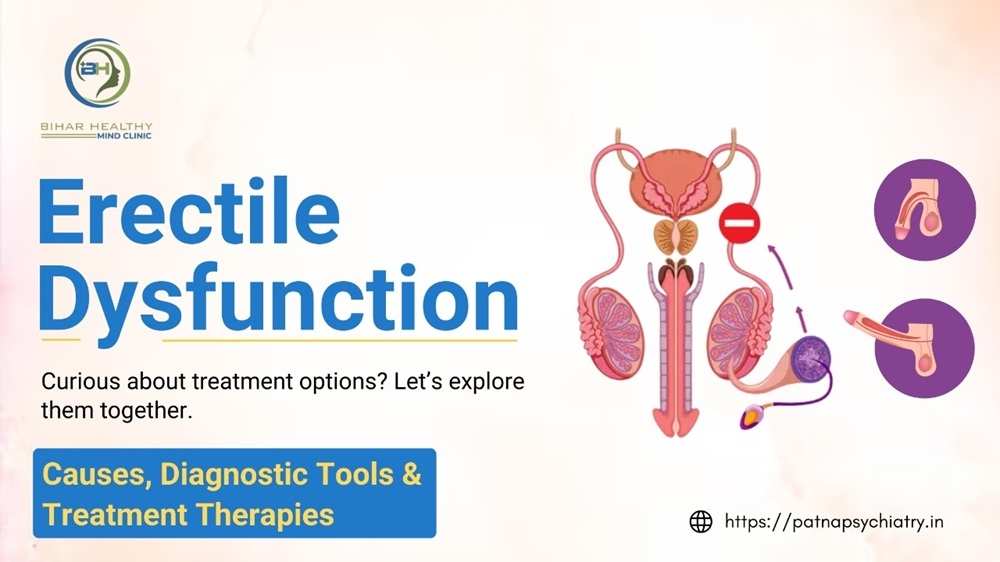
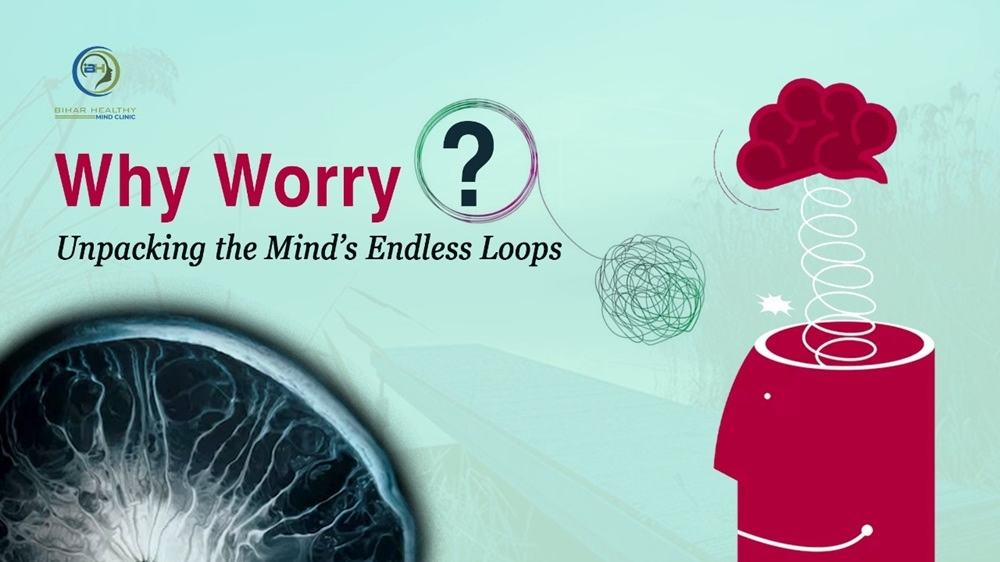
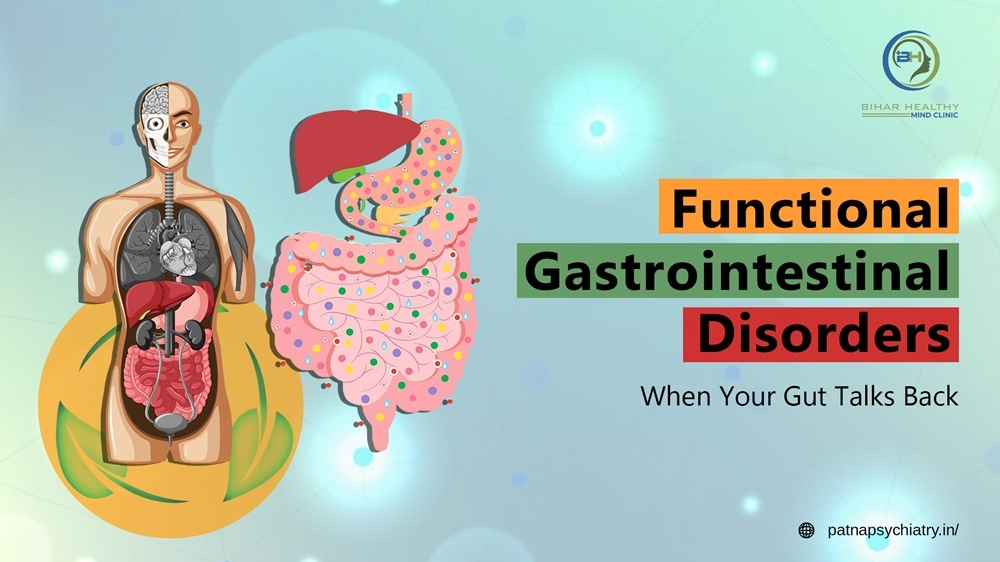
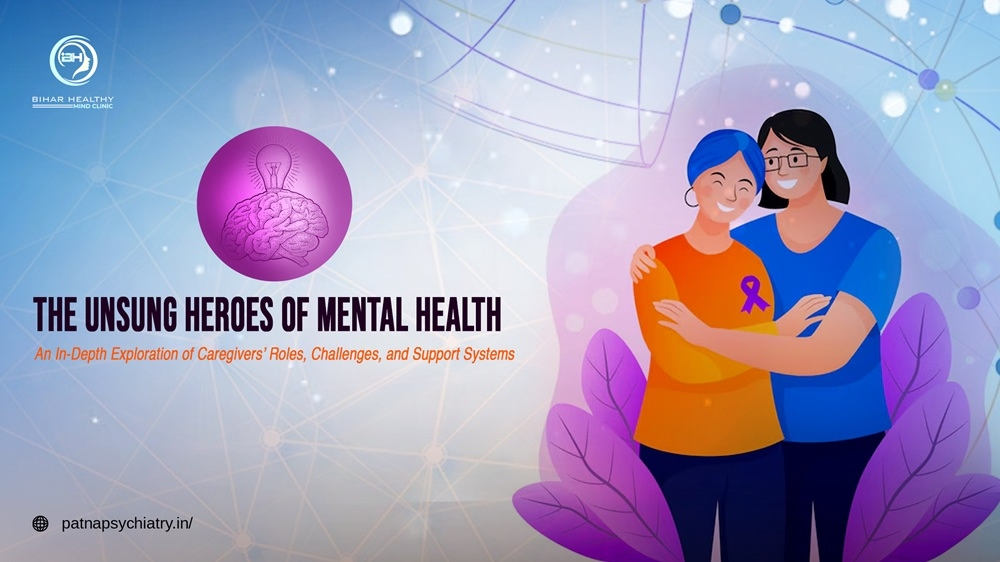
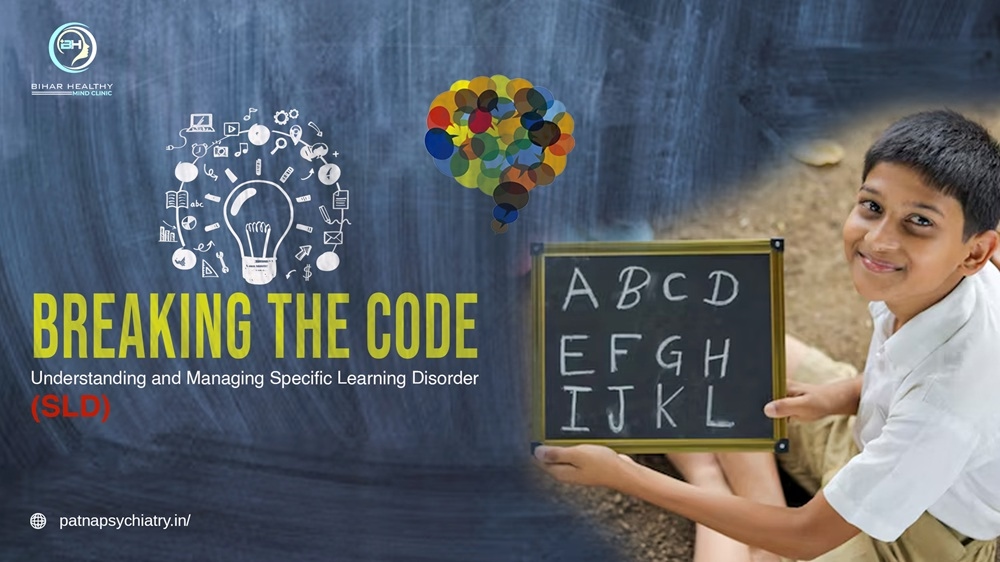
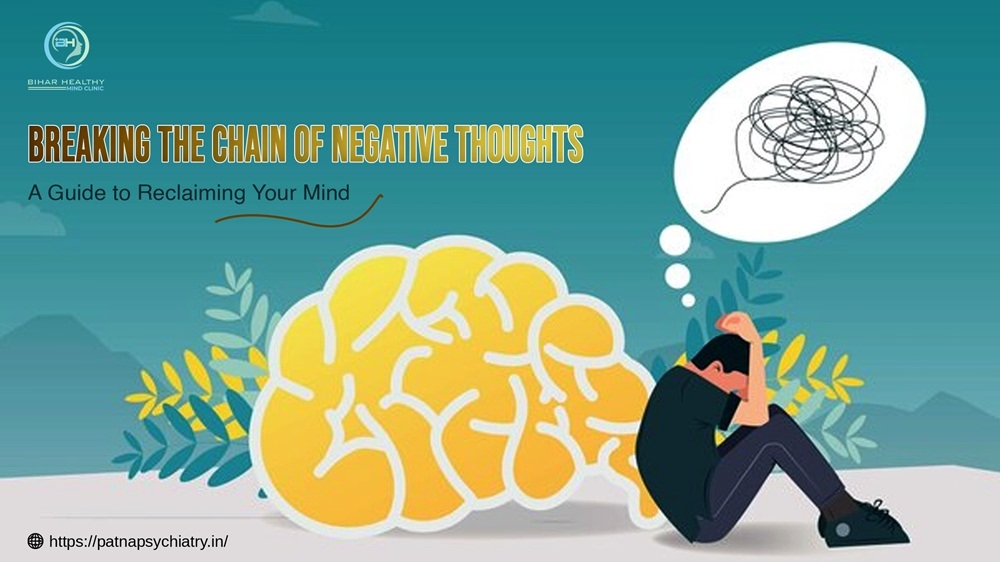
Well done ðŸ‘